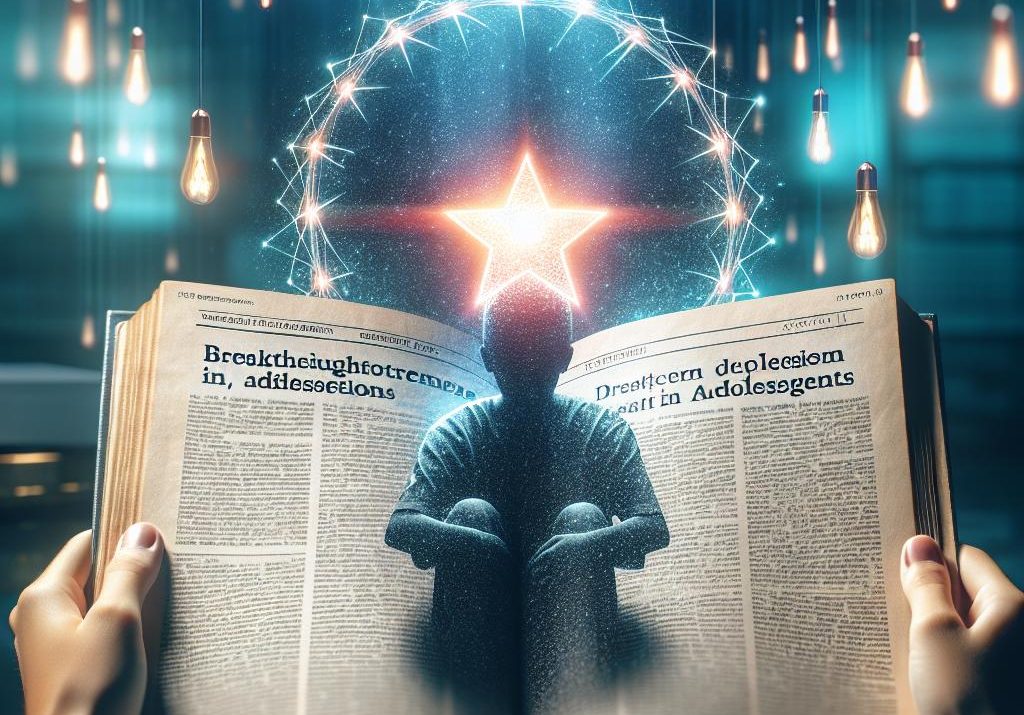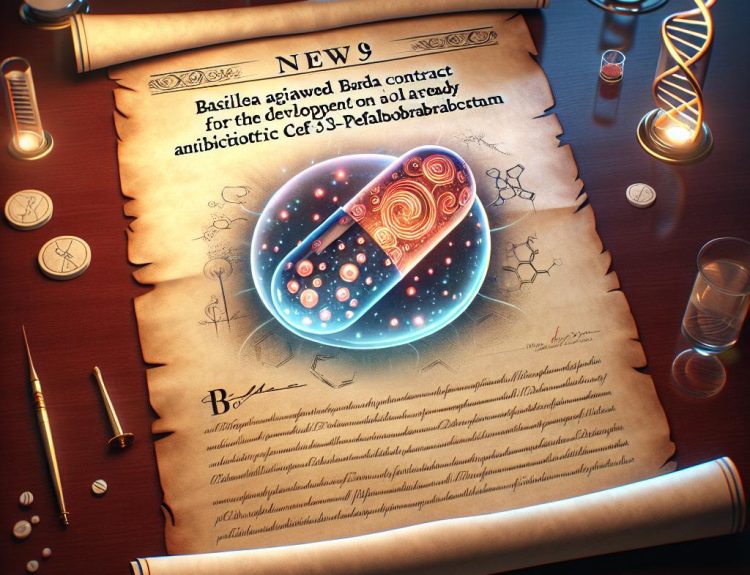Real-world data from the NeuroStar TrakStar Clinical Database, the largest repository of its kind for depression outcomes, reveals promising results for NeuroStar transcranial magnetic stimulation (TMS) therapy in adolescents and young adults with major depressive disorder (MDD). This data adds to the growing body of evidence supporting TMS as a viable treatment option for this vulnerable population, echoing similar positive outcomes observed in adult studies. The study, published in the •Journal of the American Academy of Child & Adolescent Psychiatry Open•, indicates that approximately 70% of the 1,283 adolescent and young adult patients in the study reported clinically meaningful improvement, with minimal reports of symptom worsening.
This real-world validation comes at a crucial juncture. The mental health crisis among adolescents and young adults is escalating, with a significant portion remaining untreated due to limited effective options and safety concerns surrounding existing pharmacological interventions. The FDA clearance of NeuroStar TMS as an add-on therapy for adolescents with MDD in 2024 marked a significant step forward, and the subsequent uptake underscores the urgent need for alternative treatment modalities. This positive real-world data further strengthens NeuroStar’s position in a rapidly expanding market, especially given the limited FDA-approved medication options for adolescents with MDD, both of which carry significant safety warnings.
Neuronetics’ strategic use of its proprietary TrakStar database is noteworthy. By generating robust real-world evidence, the company is not only bolstering the clinical case for NeuroStar TMS but also addressing key questions around effectiveness, safety, and treatment adherence in real-world settings. This data-driven approach becomes increasingly critical for securing payer reimbursement and driving broader market adoption, particularly in a value-based healthcare landscape.
The study’s findings raise critical questions for Medical Affairs teams across the neuropsychiatric field. How can this real-world data be effectively communicated to healthcare providers (HCPs) to bridge the knowledge gap and encourage appropriate utilization of TMS therapy? Furthermore, how can ongoing data collection and analysis through platforms like TrakStar inform the development of personalized TMS treatment protocols, optimized for different age groups and symptom profiles? The ability to demonstrate tangible, real-world benefits will be essential for differentiating TMS in a crowded market and solidifying its place within the evolving treatment paradigm for MDD.
The future of mental healthcare depends on innovation, access, and data-driven insights. Neuronetics’ commitment to generating and disseminating real-world evidence sets a valuable precedent for the industry. The challenge now lies in translating this evidence into improved patient outcomes by effectively engaging HCPs, payers, and policymakers in a collaborative effort to expand access to effective mental health interventions like TMS. This data is not just a validation of NeuroStar’s efficacy, but a call to action for the entire healthcare ecosystem to prioritize and address the growing mental health needs of young people.
Jon Napitupulu is Director of Media Relations at The Clinical Trial Vanguard. Jon, a computer data scientist, focuses on the latest clinical trial industry news and trends.







